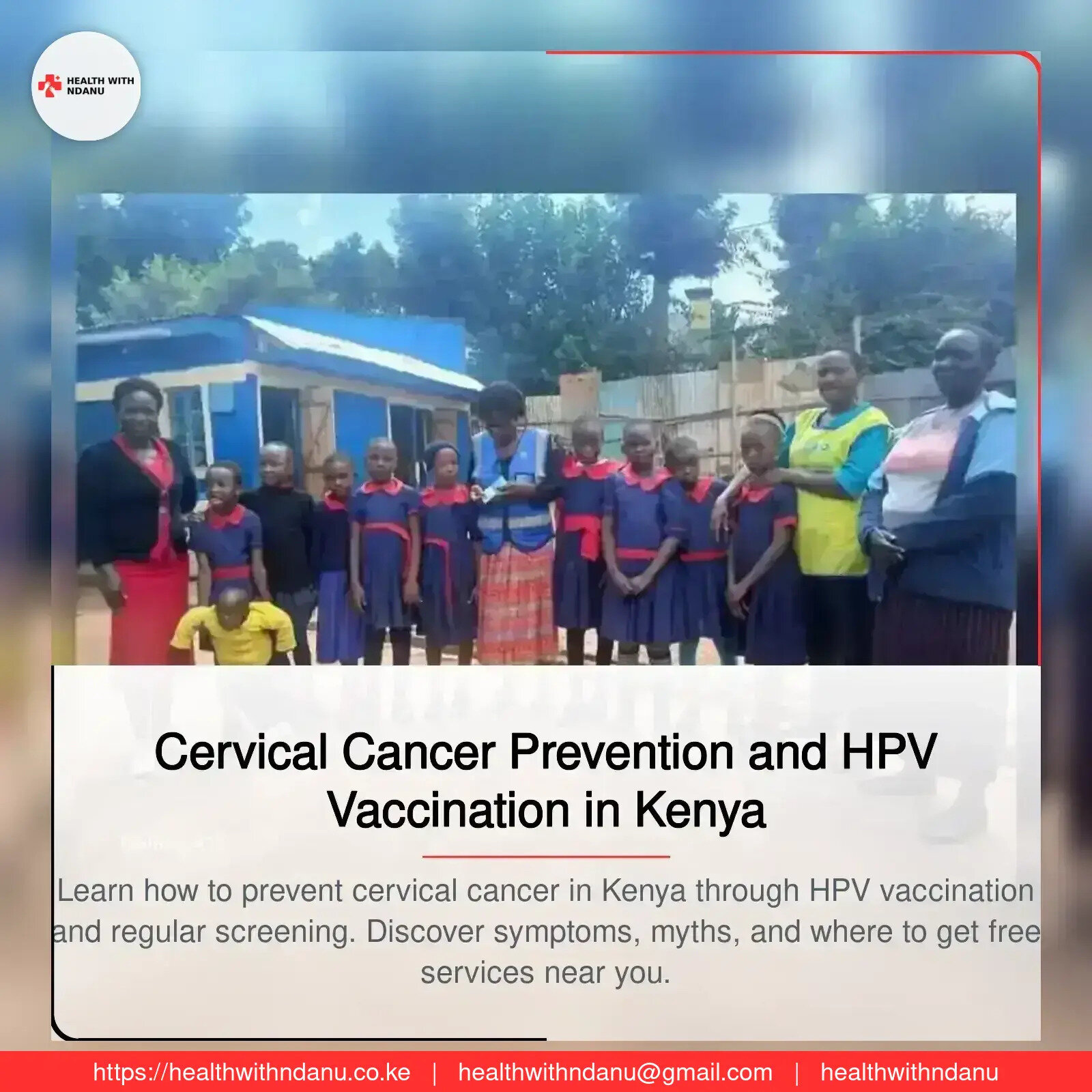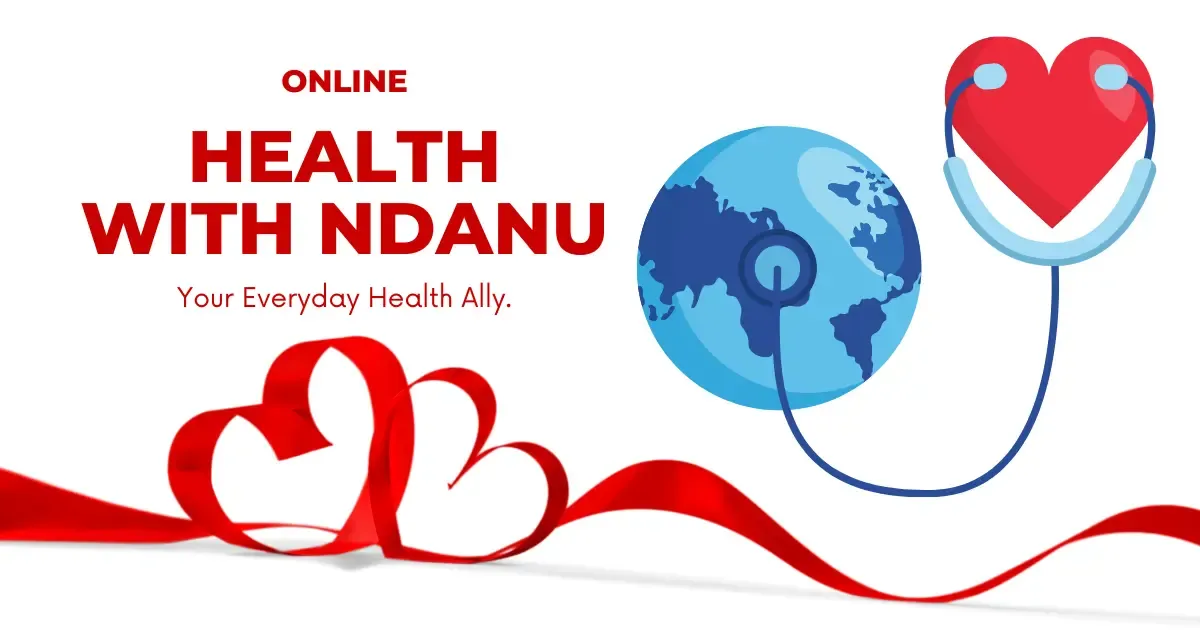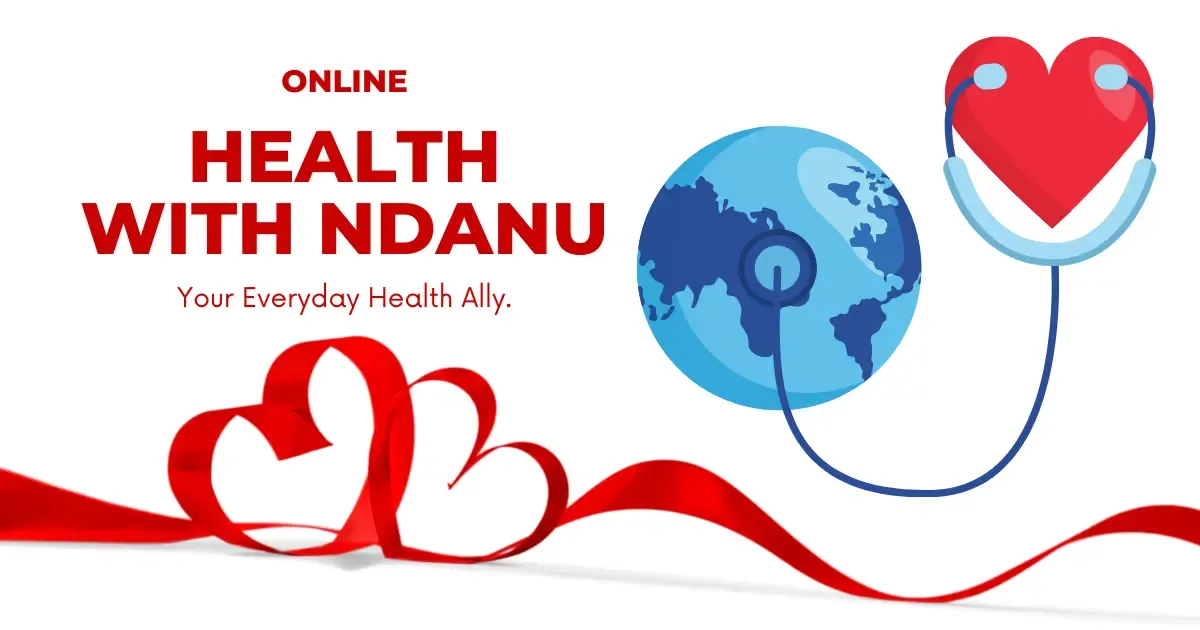Cervical Cancer Prevention and HPV Vaccination in Kenya
- by Diana Ndanu
- 08 April, 2025
- 0 Comments
- 6 Mins



Introduction
Cervical cancer is preventable. Yes, you read that right. But despite this, it’s still one of the top killers of women in Kenya. Why? Lack of awareness, late diagnosis, and stigma. This article breaks it all down — from the causes to prevention, to how you and your loved ones can stay protected. Whether you're a young woman, a mother, or a community health worker, this is for you.
What Is Cervical Cancer?
Cervical cancer starts in the cervix — the lower part of the uterus that connects to the vagina. It’s caused by persistent infection with the human papillomavirus (HPV), a very common sexually transmitted virus.
Out of over 100 types of HPV, a few are considered “high-risk” because they can lead to cancer. The body usually clears the virus naturally, but sometimes, it sticks around and causes cells in the cervix to grow abnormally.
Why Should Kenyans Care About Cervical Cancer?
Here are some eye-opening facts:
- Cervical cancer is the second most common cancer among women in Kenya, after breast cancer.
- Around 3,200 women are diagnosed every year.
- An estimated 2,300 women die from cervical cancer annually.
- Most cases are diagnosed too late when treatment is difficult and costly.
- The worst part? It doesn’t have to be this way. Cervical cancer is preventable and treatable if caught early.
Understanding HPV: The Root Cause
What is HPV?
HPV (human papillomavirus) is spread through skin-to-skin contact during sexual activity. It’s so common that nearly all sexually active people get it at some point in their lives. Most don’t even know they have it.
There are two types to be concerned about:
- Low-risk types – cause genital warts.
- High-risk types – can lead to cervical, anal, throat, and penile cancers.
In Kenya, HPV types 16 and 18 are responsible for about 70% of cervical cancer cases.
Symptoms of Cervical Cancer
In early stages, cervical cancer has no symptoms. That’s why regular screening is essential. As it progresses, symptoms may include:
- Unusual vaginal bleeding (after sex, between periods, or after menopause)
- Pain during sex
- Foul-smelling vaginal discharge
- Pelvic pain
If you notice any of these, don’t wait. Visit a health facility immediately.
The Good News: Cervical Cancer is Preventable
Let’s talk about how to stop cervical cancer before it starts.
1. HPV Vaccination: The Game-Changer
HPV vaccination is one of the most powerful tools in the fight against cervical cancer. It protects against the most dangerous strains of HPV before a person is ever exposed to them.
Who should get the HPV vaccine in Kenya?
- Girls aged 9–14 years (before sexual activity begins)
- Ideally two doses, six months apart.
Is it safe?
Absolutely. The HPV vaccine is safe, effective, and approved by WHO. Side effects are mild, like a sore arm or slight fever.
Where can I get it?
The HPV vaccine is available for free at government health facilities across Kenya as part of the national immunization schedule.
Can boys get the vaccine too?
Yes! While Kenya currently prioritizes girls, boys can also benefit from the vaccine as it protects against genital warts and other HPV-related cancers. In the future, boys may be included in public campaigns.
2. Cervical Cancer Screening
Even vaccinated women should go for screening.
Screening methods in Kenya:
- Pap smear (Pap test): Detects pre-cancerous changes
- VIA (Visual Inspection with Acetic Acid): A simple, low-cost test used widely in public hospitals
- HPV DNA testing: More sensitive but less widely available
When should women start screening?
- From age 25 or within 3 years of becoming sexually active
- Every 3–5 years, depending on the method used and test results
Where can you get screened?
- County hospitals, health centers, dispensaries
- Some NGOs and private clinics also offer free or low-cost screening.
3. Lifestyle and Prevention Tips
While HPV is the main cause, other factors increase your risk. Here's how to protect yourself:
- Avoid smoking – smoking weakens your immune system
- Use condoms – they reduce the risk (but don’t eliminate it completely)
- Limit sexual partners – multiple partners increase HPV exposure
- Eat healthy – a strong immune system helps your body fight off HPV
- Get regular check-ups – early detection is lifesaving
Why Some Women Don’t Get Screened or Vaccinated
Let’s be honest: despite campaigns, many women in Kenya still don’t go for screening or allow their daughters to be vaccinated. Why?
Common barriers include:
- Lack of awareness
- Fear of pain or bad news
- Stigma and myths
- Limited access to health services
- Cultural beliefs
- It’s time we break the silence. Talking openly about cervical health should be normal – at home, in schools, and in churches.
Dispelling Myths About HPV and Cervical Cancer
Let’s set the record straight:
What the Government Is Doing (and Needs to Do More Of)
Progress:
- Launched HPV vaccination campaign in 2019
- Integrated cervical cancer screening in public hospitals
- Developed National Cancer Control Strategy
Gaps:
- Low vaccination rates due to myths and misinformation
- Limited access in rural areas
- Few trained health workers to screen and follow up
- We need more mobile outreach, better education, and stronger community involvement to close the gap.
How Parents and Guardians Can Help
- Talk to your children about HPV and vaccines early
- Take your daughters for free HPV shots
- Don’t believe or spread misinformation
- Be role models — get screened yourselves
How Schools and Churches Can Support
- Host health talks and vaccination days
- Invite CHPs (Community Health Promoters) to educate learners and parents
- Create safe spaces for girls to ask questions and get help
What Youth Need to Know
- Young people, your health is in your hands. If you’re between 9 and 26:
- Ask your parent/guardian about the HPV vaccine
- Learn about safe sex practices
- Encourage your peers to go for screening and vaccination
- Break the stigma — talk about cervical cancer and HPV openly
FAQs: Cervical Cancer and HPV Vaccine in Kenya
Q1: Is the HPV vaccine safe for Kenyan girls?
Yes, it’s very safe and approved by WHO and Kenya’s Ministry of Health.
Q2: Where can I get the HPV vaccine in Kenya?
Public hospitals, health centers, and during school health outreach programs.
Q3: How much does cervical cancer screening cost?
In most public hospitals, it’s free or highly subsidized.
Q4: Do I still need screening if I got the vaccine?
Yes! The vaccine doesn’t cover all cancer-causing HPV types.
Q5: Is cervical cancer curable?
Yes, if caught early. That’s why screening is so important.
Call to Action: Let’s End Cervical Cancer in Kenya
The power to end cervical cancer is in our hands. We can do it by:
- Vaccinating our daughters
- Getting screened regularly
- Educating our communities
- Breaking myths and stigma
Whether you’re a health worker, teacher, student, or parent — share this message. Together, we can protect future generations of Kenyan women.
Remember: Prevention is better than cure — and in the case of cervical cancer, it can literally save lives.
Got Your Own Experience? Share with us
Popular Categories
Most Visited Blogs
Daily Newsletter
Get all the top stories from Blogs to keep track.



